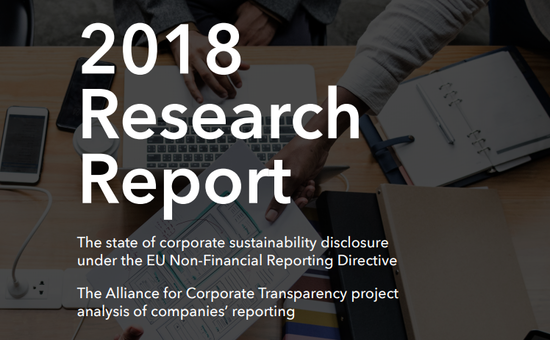What effect has supply chain legislation had on the prevalence of modern slavery in Brazil?
In her blog, Caroline Emberson of the Rights Lab, University of Nottingham, describes findings from a research project investigating the supply chain effectiveness of modern slavery legislation.




